The US Embassy and Consulate in Vietnam have resumed student visa interviews in Hanoi and Ho Chi Minh City. However, once they have obtained their "passport", international students may still face many problems.
Khanh Gia, a student at Le Hong Phong High School for the Gifted, said he has received a scholarship from a university in the US, majoring in health. Khanh Gia will fly to the US at the end of July. However, he still has many worries about having to study abroad during a period when the US is facing many "hot" issues.
Minh Anh, a student at Tran Dai Nghia High School for the Gifted, said she had traveled to the US with her family before, but was still nervous about studying abroad this time, afraid of not being able to be independent.
Mr. Vu Thai An, Director of GLINT Study Abroad Company, said that there are many objective and subjective reasons that cause the study admission in the US to be interrupted, or even "missed". Among them, many international students encounter problems right at the airport because they are not well prepared. This requires international students to not only prepare carefully in terms of material luggage but also need to equip themselves with a strong mentality.
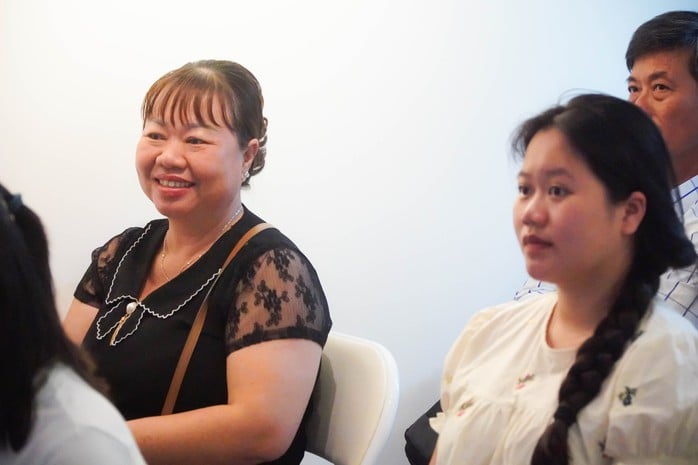
Parents and international students learn about regulations for international students in the US
Here are some things international students need to keep in mind to have a safe flight to the US:
1. Moderate luggage
You need to clearly distinguish between two types: carry-on baggage and checked baggage.
Carry-on baggage: You are allowed to carry up to 7 kg and only one piece. You can choose a backpack or a small suitcase.
Checked Baggage: Most economy class tickets allow you to check in two pieces, each weighing up to 23 kg, for a total of 46 kg. However, you should pack each suitcase around 21 kg, allowing for weight allowances and for any errors on the scales at the airport.
2. Documents
Documents are something you need to carry with you and must always be originals. Keep them neatly tucked into a shirt folder and put them in your carry-on luggage. In addition, you can prepare 2 more notarized sets of documents, divided equally into your checked luggage, in case of unforeseen circumstances.
Important documents:
- Original I-20 (or DS-2019 for J-1 program): This is the "backbone" of the study abroad application. This paper has the signature of the school official and your own signature in blue pen. You must keep it carefully, do not laminate it. When you arrive in the US, keep it in a safe place. If you return to Vietnam during the holidays, you must bring the original I-20 with the signature of the teacher at the school to renew your visa, otherwise, you may have to re-interview from the beginning.
- A receipt proving that you have paid your domestic security fee, along with your unique identification number.
- School acceptance letter
- Original passport
- Flight ticket: You can prepare an additional hard copy of the flight ticket, in case your phone runs out of battery and you cannot look up flight information.
- Emergency contact information: Address, phone number, email of school, dormitory or relatives in the US. This is important information to present to customs officers when entering the country, especially in the context of increasingly strict immigration.
3. Spare clothes
Pack a clean set of clothes in your carry-on. This is especially helpful if your flight is delayed, you need to sleep at the airport, or you just want to change clothes after a long flight. Choose the most comfortable clothes to stay comfortable during the 20-hour flight.
For personal hygiene, you can bring toothbrush, toothpaste, wet wipes, dry towels, hand sanitizer. Note, all liquids must be under 100ml.
Bring an empty water bottle so you can refill it for free at the airport water dispensers. This is a great tip to save money and avoid dehydration while in transit.
4. Electronic devices
Laptops, iPads, headphones, and especially all chargers must be placed in carry-on luggage. Never put laptops in checked baggage. Make sure your devices are fully charged before flying.
For spare batteries, check your airline's regulations. It's best to bring a battery that is not too bulky.
The US uses flat plugs, so you should prepare an additional adapter to easily use your electronic devices. Large electronic devices such as hair dryers, irons, rice cookers, etc. should be purchased in the US and not brought with you.
5. Stay mentally stable in a "hot" situation
Mr. Vu Thai An, Director of GLINT Study Abroad Company, said that studying in the US at the present time requires extra caution. The fact that the US had previously suspended visa interview appointments is clear evidence that visa policies can change unexpectedly. In the context of the US having many "hot" issues, from immigration policies to social situations, entry can become more stressful.
"Customs officers will check very carefully, sometimes asking the same questions as a visa interview: "What are you doing here? Which school are you studying at? Who will pick you up?" There have even been cases of international students studying in Florida but landing at a Texas airport and encountering trouble at the immigration gate," Mr. An noted.
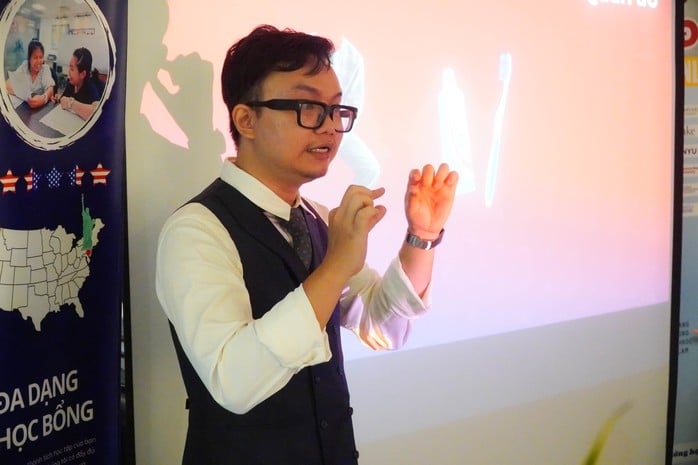
Study abroad experts share useful tips to make studying abroad more economical and convenient
To ensure maximum safety, Mr. An recommends that international students absolutely do not trust strangers, do not hold any items at the airport, and always keep carry-on luggage within reach.
If you are flying independently, go to the school before visiting relatives. This will help you complete the necessary admission procedures and avoid unnecessary trouble with the authorities.
Source: https://nld.com.vn/du-hoc-my-trong-boi-canh-moi-lam-sao-de-tranh-gap-su-co-196250706145054737.htm



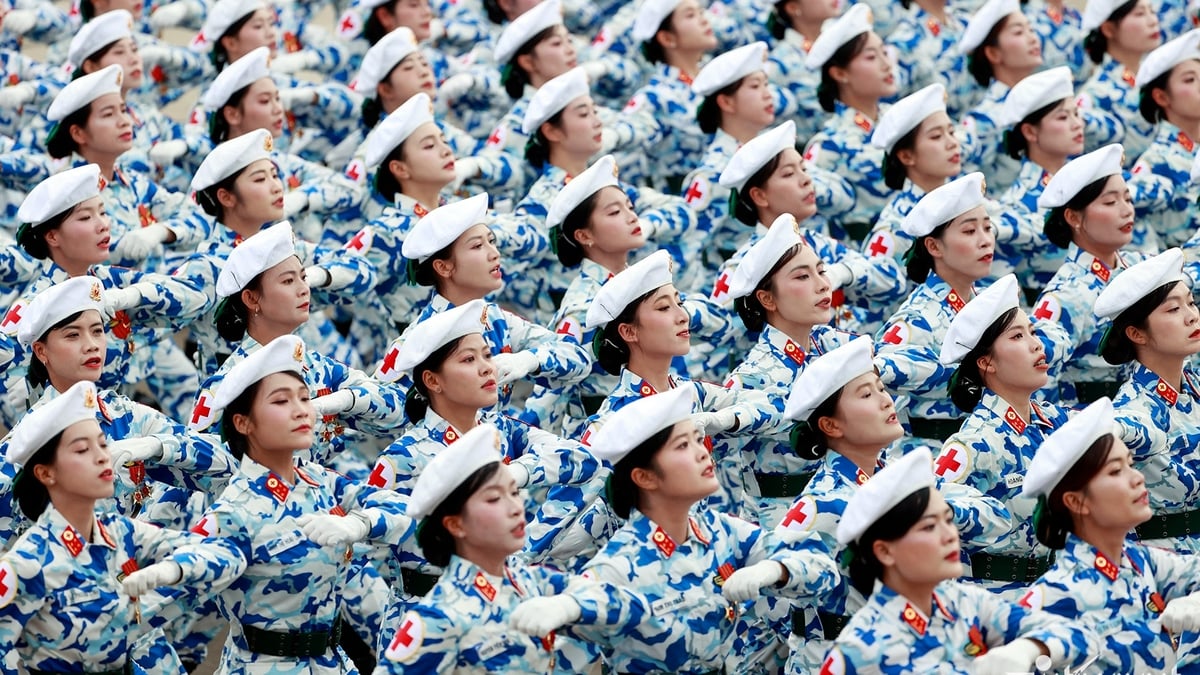

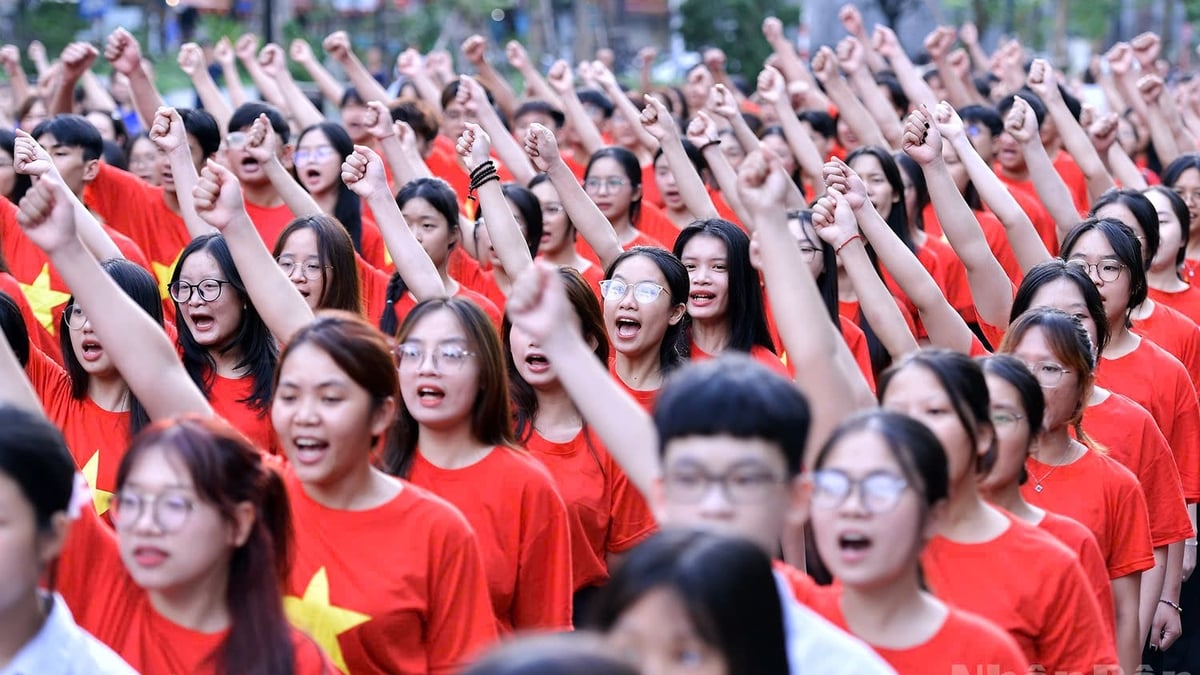
![[Photo] Prime Minister begins trip to attend SCO Summit 2025 in China](https://vphoto.vietnam.vn/thumb/1200x675/vietnam/resource/IMAGE/2025/8/31/054128fff4b94a42811f22b249388d4f)

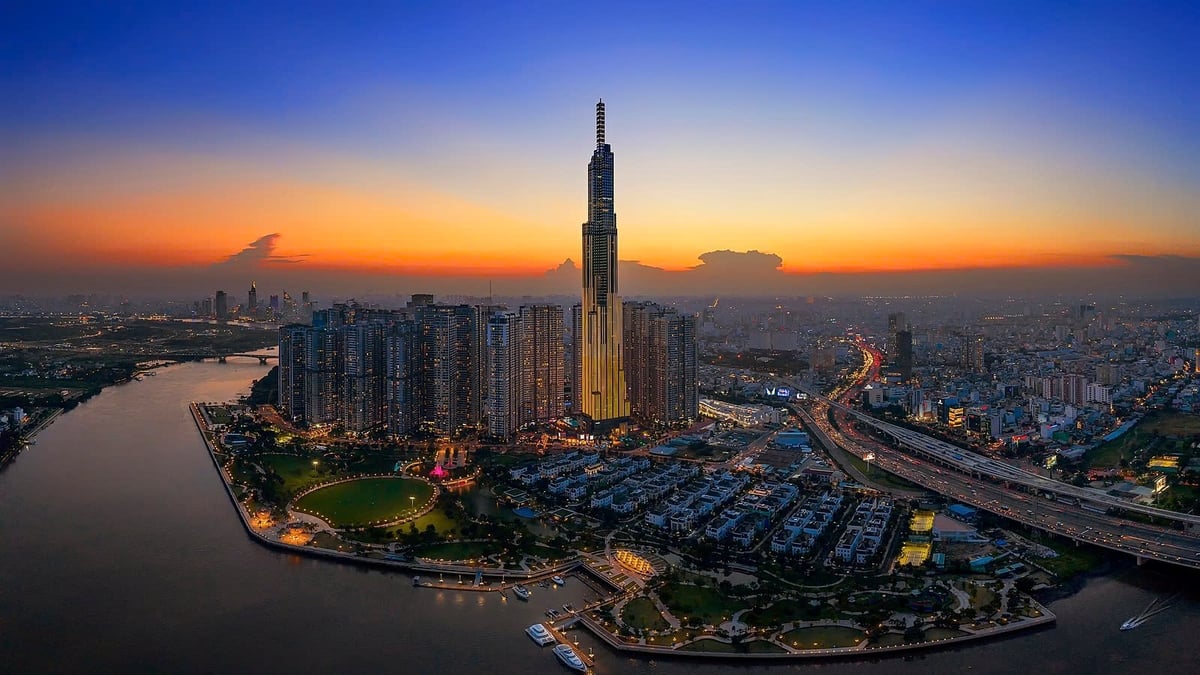
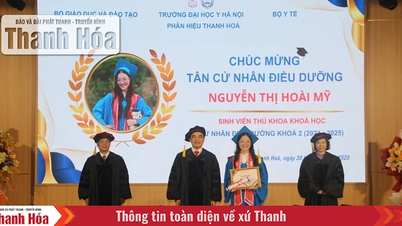

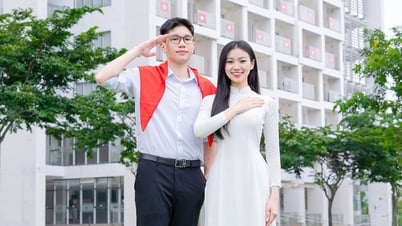

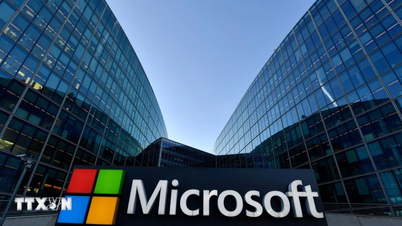

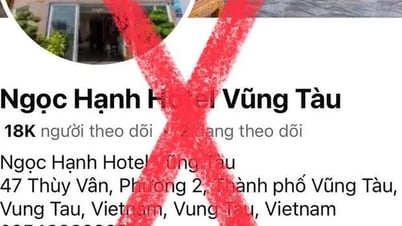
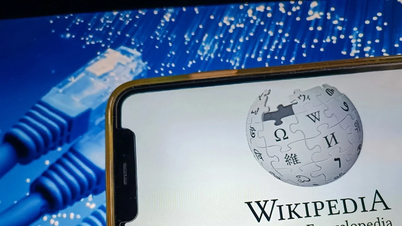
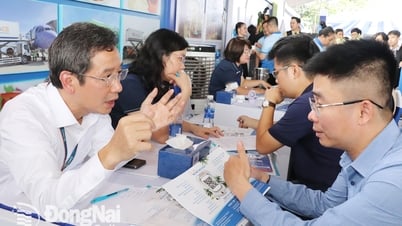

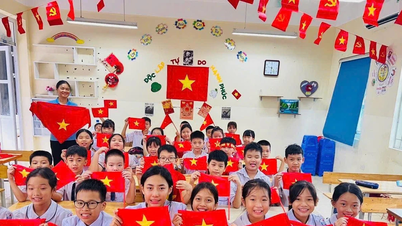

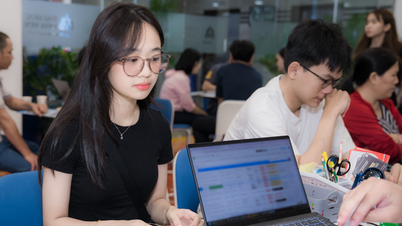


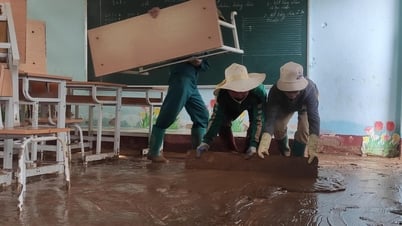
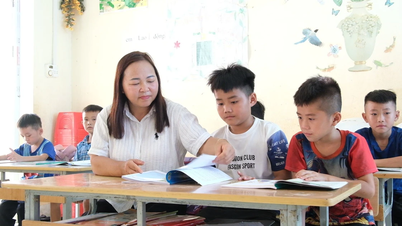











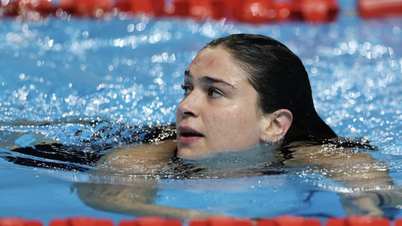


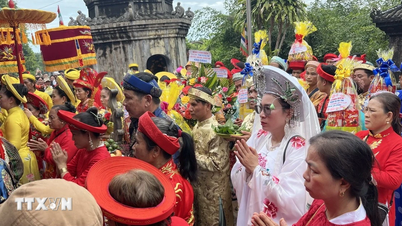
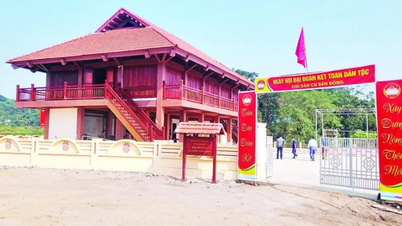






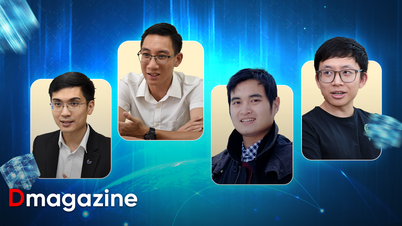

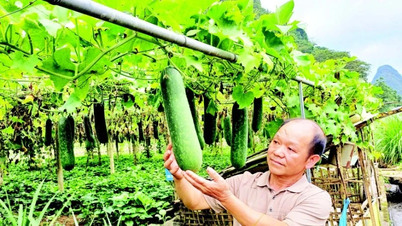
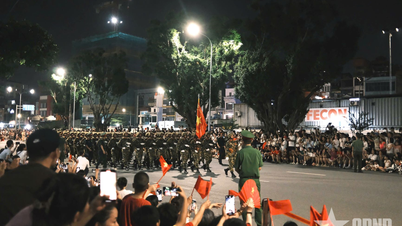













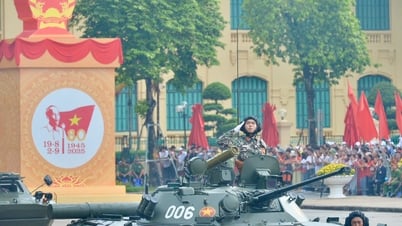




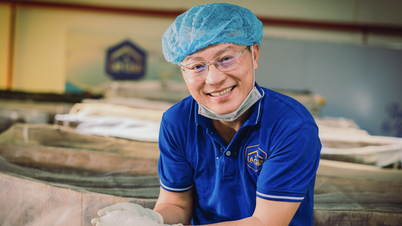


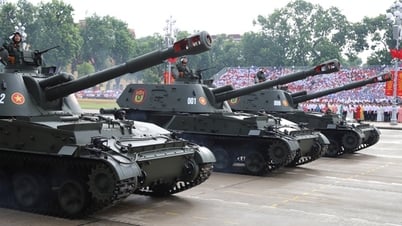


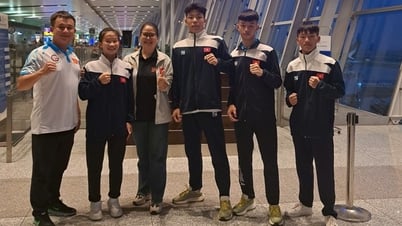
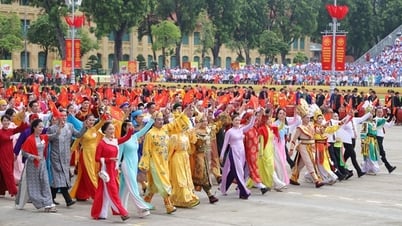
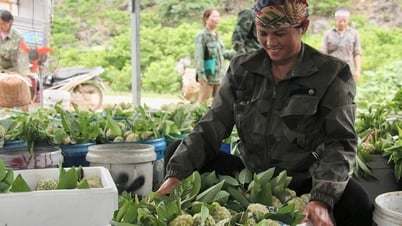

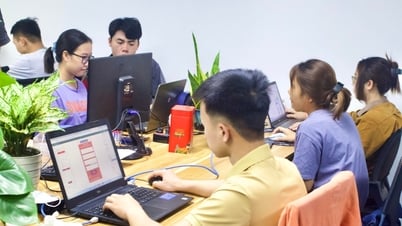
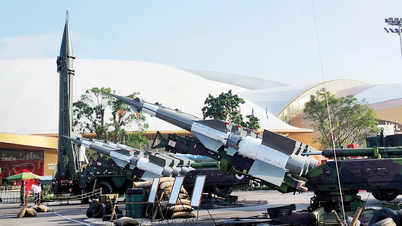

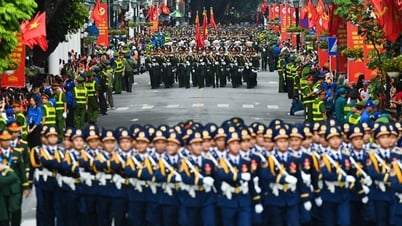



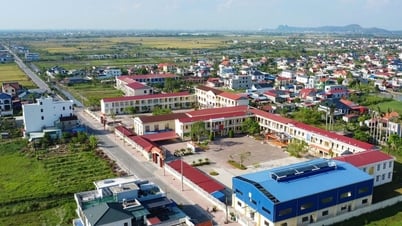





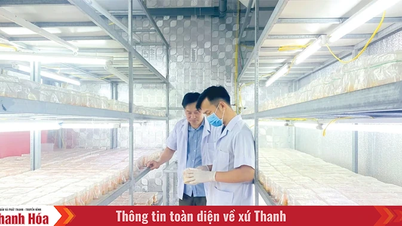
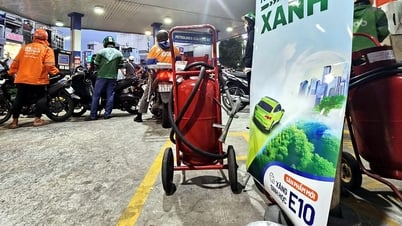


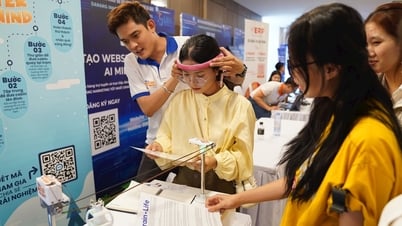




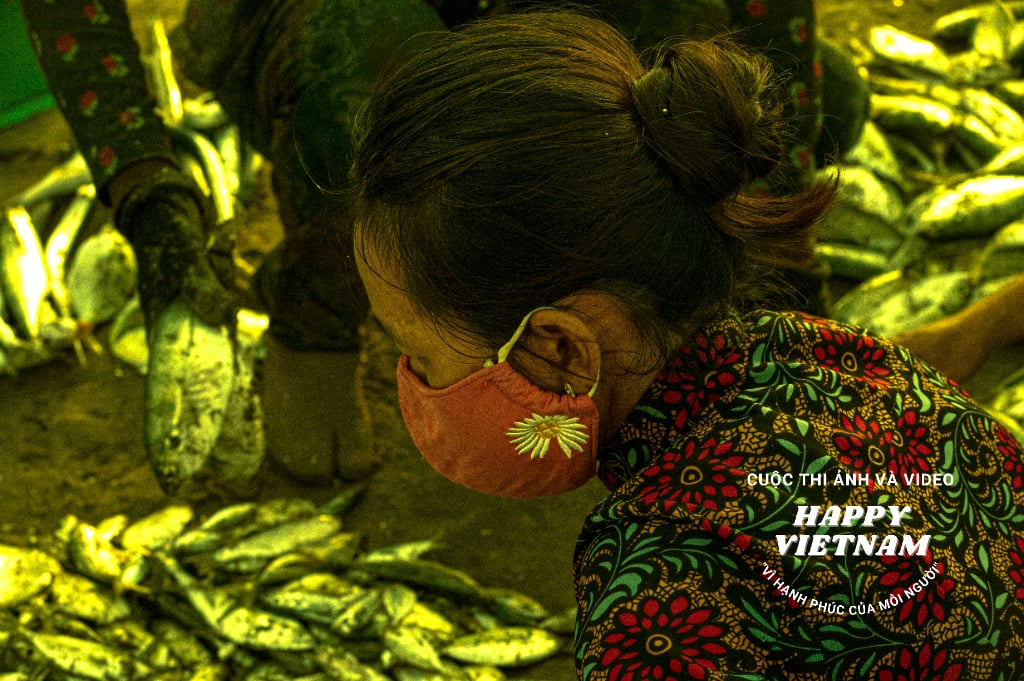
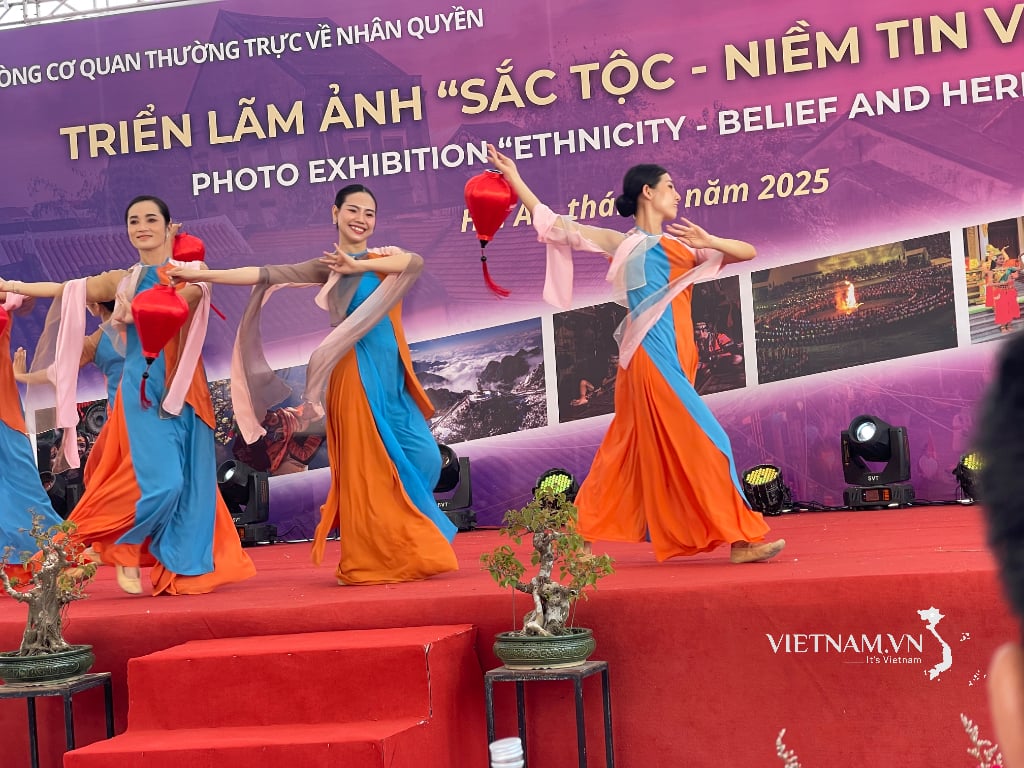
Comment (0)